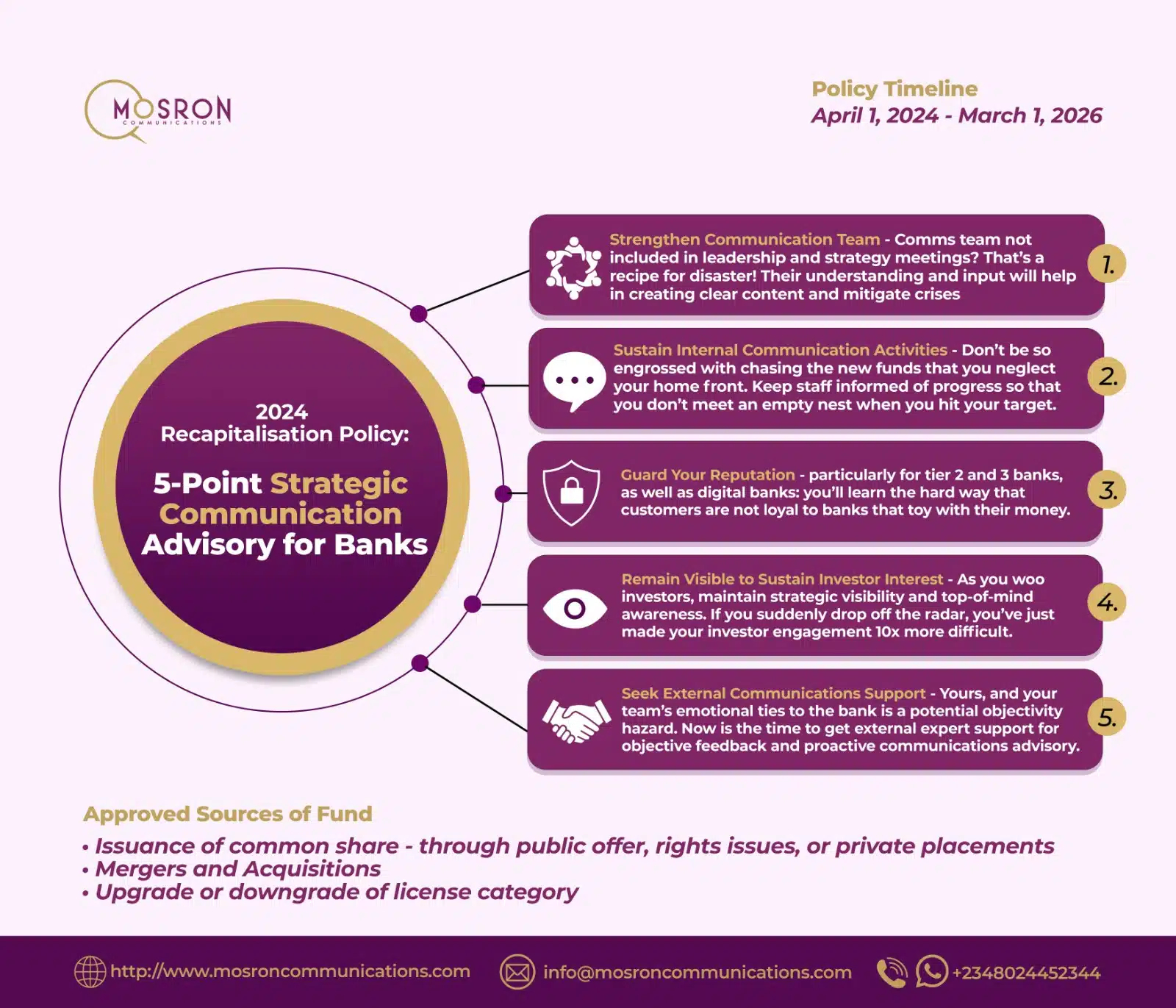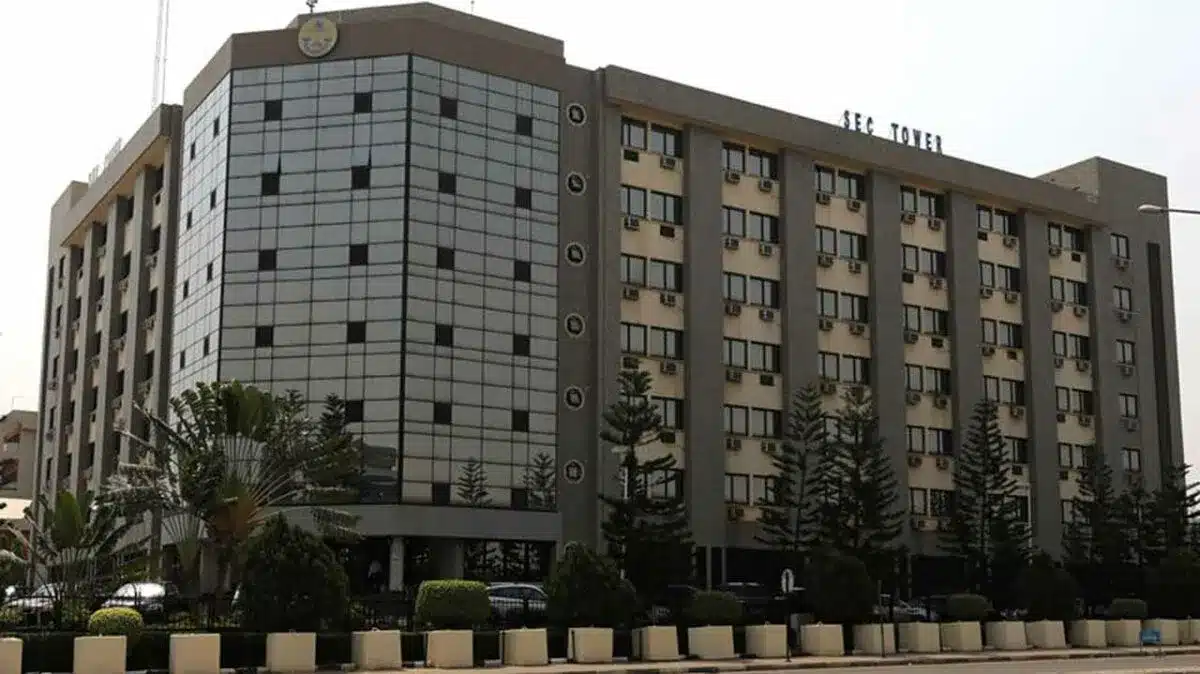Nigeria’s Information and Communications Technology (ICT) sector posted a striking 31.6% nominal GDP growth in the first quarter of 2025, according to the latest GDP report from the National Bureau of Statistics (NBS). However, beneath the surface, the sector’s real growth — adjusted for inflation — stood at just 5.43%, revealing a more modest increase in actual output.
This gap between nominal and real growth reflects broader economic conditions in Nigeria. Nominal GDP calculates economic value using current prices, so any rise in cost, such as higher data tariffs, device prices, or service fees, will inflate this figure.
Real GDP, by contrast, eliminates these price effects, providing a clearer measure of productivity and output.
Nominal vs Real GDP
The disparity between the two metrics is significant. While the nominal figure may suggest a booming ICT sector, it largely mirrors the inflationary pressures currently affecting Nigeria’s economy.
Inflation has hovered above 30% in recent months, impacting nearly every sector and artificially boosting nominal earnings across the board. In this context, a nominal ICT growth of over 30% becomes less impressive when inflation is taken into account.
Yet the 5.43% real growth figure is not without merit. It still indicates expansion in the volume and reach of ICT services. Compared to several other sectors struggling under inflationary and foreign exchange pressures, the ICT industry remains relatively resilient.
Services such as mobile Internet, fintech platforms, and digital media continue to expand their user base and relevance nationwide.
What real ICT GDP used to be
Historically, Nigeria’s ICT sector has grown steadily, contributing between 8% and 13% to the country’s GDP in the past decade. This trend was reinforced during Nigeria’s most recent GDP rebasing, where the tech and creative industries were spotlighted as emerging economic drivers.
As of Q3 2024, it contributed nearly 13.9% to nominal GDP. In Q1 2024, despite a real growth rate of just 5.43%, the sector’s share of GDP had climbed to 17.9%, underscoring its growing importance.

Victoria Fakiya – Senior Writer
Techpoint Digest
Stop struggling to find your tech career path
Discover in-demand tech skills and build a standout portfolio in this FREE 5-day email course
However, the danger lies in overemphasising the nominal figures. Celebrating inflated growth may be a distraction from addressing the underlying cost drivers or supporting meaningful expansion in digital infrastructure. This echoes longstanding issues with Nigeria’s digital economy policy execution.
Similarly, investors might be drawn in by the headline numbers without recognising the more tempered real performance.
Understanding the difference between nominal and real growth is critical. While nominal growth can offer short-term optimism, real growth tells us if services are actually expanding in terms of use, accessibility, and economic contribution.
For a sector as strategic as ICT — central to Nigeria’s future productivity and competitiveness — a clear-eyed assessment matters more than ever.











